Compare 250+ Australian Credit Cards
Use our easy comparison tool to find your best credit card! Read full, authentic reviews by a finance expert, ask a question, and apply online. Start below!
Cards on this page last checked 10:28 am - 17 April 2025$1 earn rate
Bonus points
Annual fee
American Express Platinum Charge Card
150,000 Bonus Membership Rewards Points
Compare Balance Transfer credit cards
A balance transfer can help you deal with credit card debt by waiving the interest for a period. Use 'calculate your savings' to input your debt, current interest rates and fees to see how much you could save.
Virgin Money Anytime Rewards Card – Balance Transfer Offer
24 months 0% on balance transfers
Rewards credit cards
Earn rewards points and redeem them for freebies, flights and fun! Use ‘calculate your rewards’ to input your spending and see how many points you could earn each year.

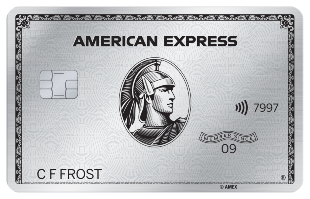








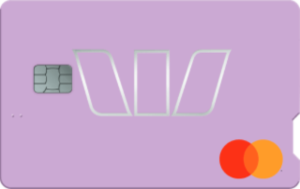
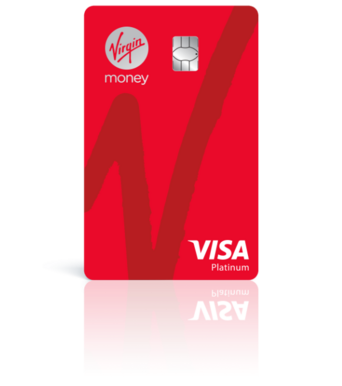
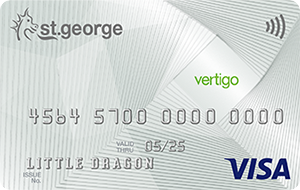
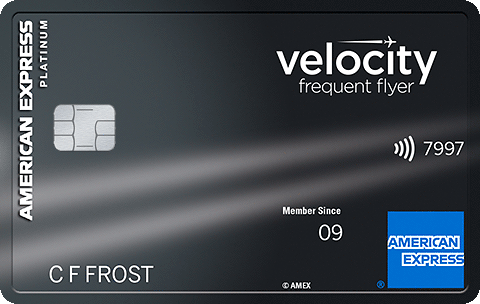
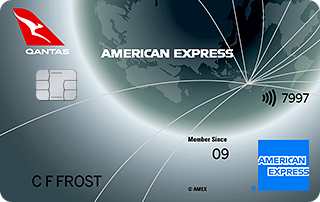
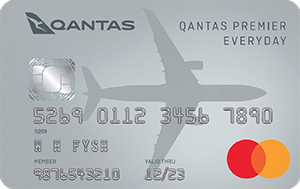
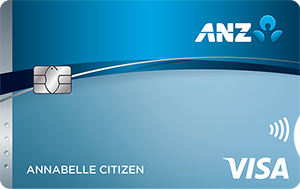
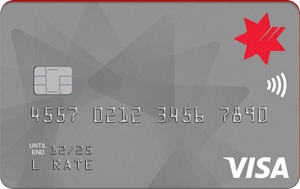
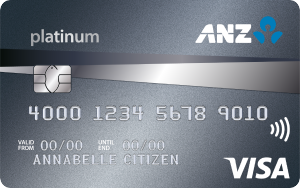





















mariska
26 December 2024Pauline
7 January 2025Ruta
22 December 2024Pauline
7 January 2025Chantelle
12 November 2024Pauline
13 November 2024Owen eth
30 August 2024Pauline
5 September 2024Surmeet
15 July 2024Pauline
22 July 2024JOHN AGIUS
11 July 2024Pauline
15 July 2024Marion
23 May 2024Pauline
28 May 2024Lorraine Waterson
6 May 2024Pauline
9 May 2024Margaret Thomas
29 December 2023Pauline
4 January 2024Cynthia
20 December 2023Pauline
1 January 2024